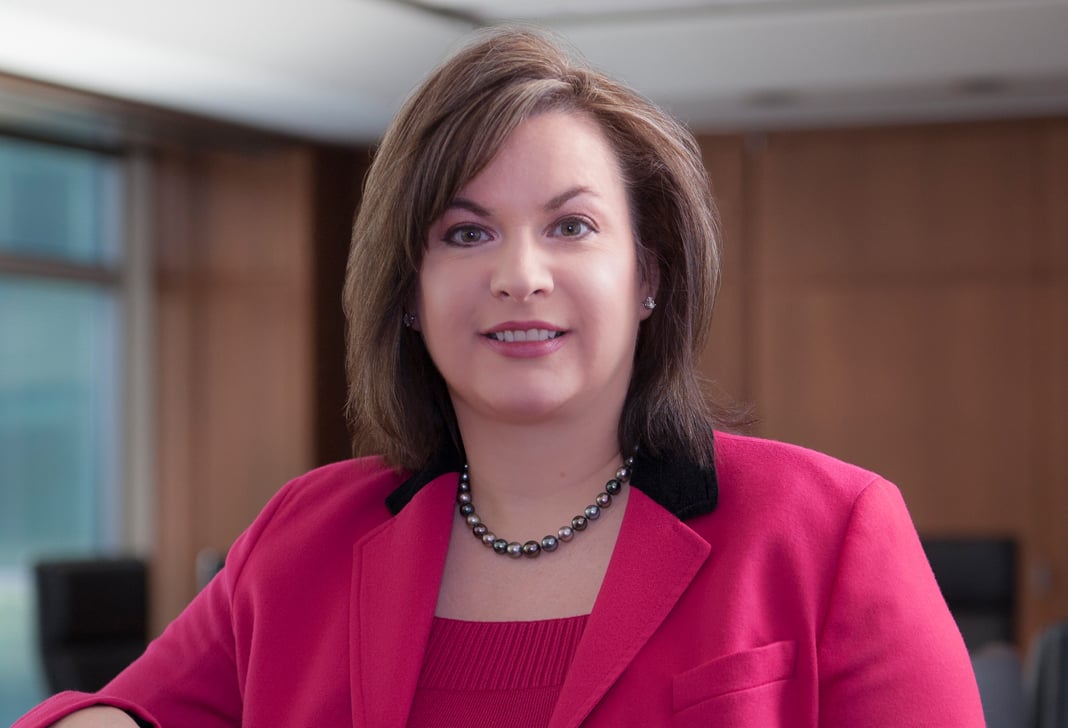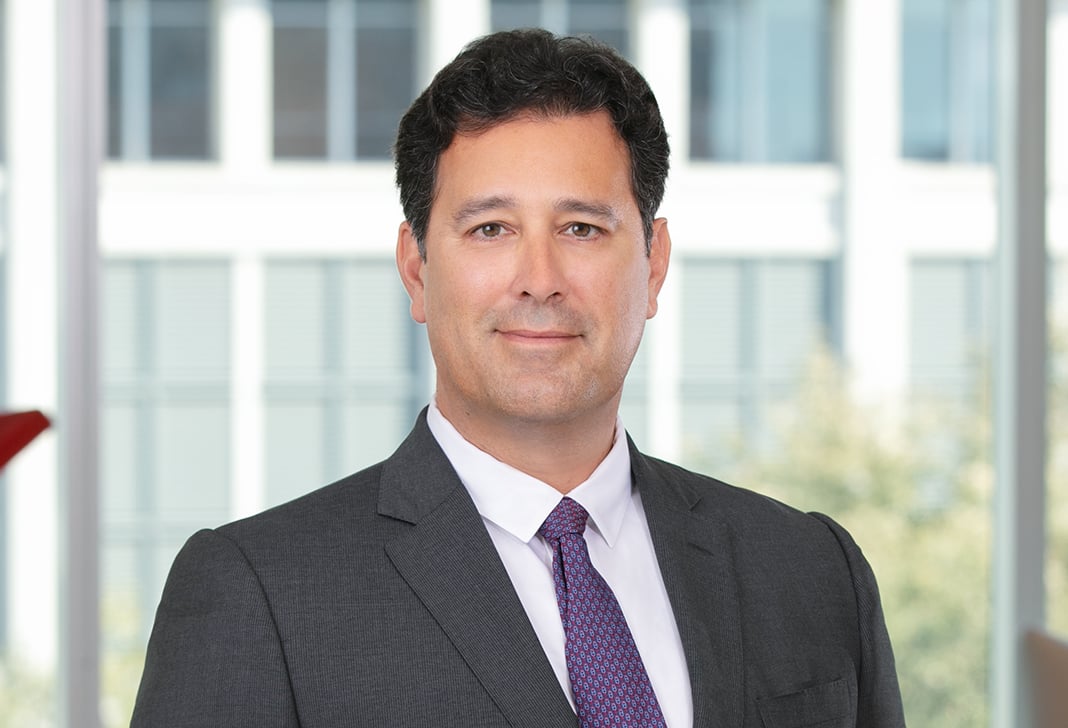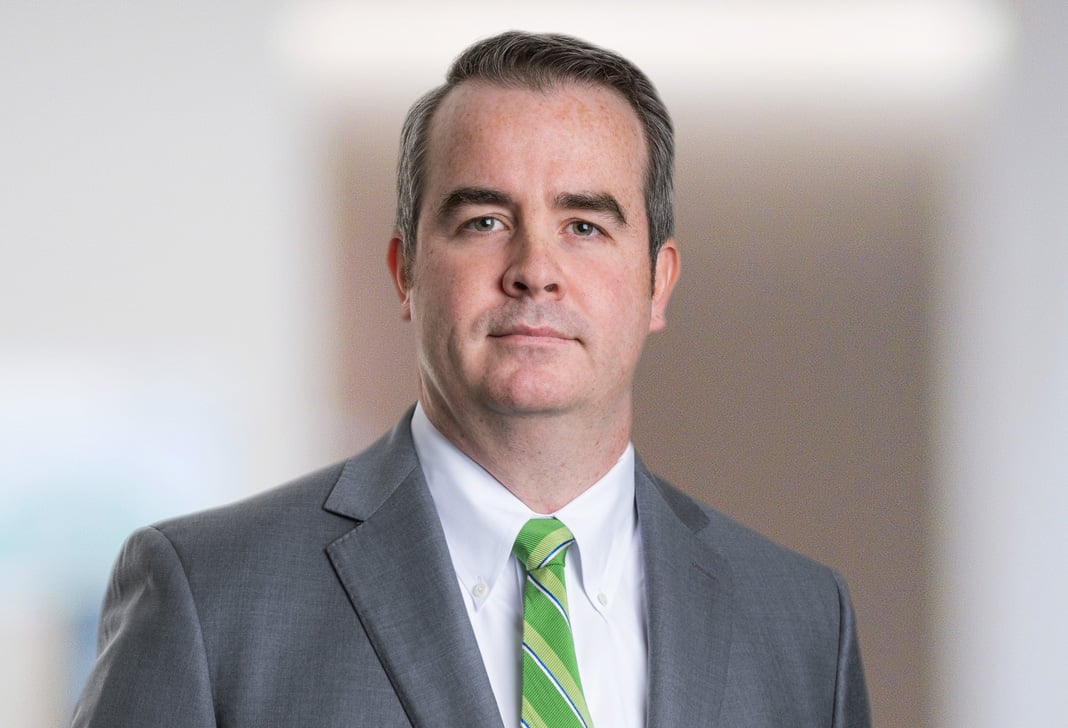
Business Restructuring Review Vol. 21, No. 6 | November-December 2022
In This Issue:
Lawyer Spotlight: Gary L. Kaplan
Gary Kaplan, a partner in Jones Day's Business Restructuring & Reorganization Practice, first developed an interest in restructuring as a summer associate. With an interest in transactional work and litigation, he discovered that BRR presents a blend of both. It also allows him to represent all sides, from debtor and lender to sponsor, creditor, and more. "Restructuring lawyers see their knowledge widen with each cycle involving new and distinct industries," says Gary, who has represented clients in a wide array of business and industry sectors, including retail, casino operators, maritime/cargo shipping, real estate, automotive, pharmaceutical, aviation, media, health care, sports, and engineering. In addition to a national bankruptcy practice, he focuses on cross-border matters, including representing non-U.S. entities in obtaining chapter 15 relief.
Gary appreciates the depth and breadth of the BRR practice at Jones Day. "Very few, if any, firms have the same level of understanding and experience in debtor, creditor, mass tort, and municipal matters," he says. "That, combined with Jones Day's worldwide restructuring-focused litigation, M&A, finance, tax, and other lawyers really makes the practice well-positioned for the next restructuring cycle."
Fifth Circuit Rules on the "Solvent-Debtor Exception" and Make-Whole Premiums
In Ultra Petroleum Corp. v. Ad Hoc Comm. of OpCo Unsecured Creditors (In re Ultra Petroleum Corp.), 51 F.4th 138 (5th Cir. 2022), reh’g denied, No. 21-20008 (5th Cir. Nov. 15, 2022), the U.S. Court of Appeals for the Fifth Circuit issued a long-awaited ruling on whether Ultra Petroleum Corp. ("UPC") must pay a $201 million make-whole premium to noteholders under its confirmed chapter 11 plan and whether the noteholders and certain other unsecured creditors are entitled to postpetition interest on their claims pursuant to the "solvent-debtor exception." In affirming a bankruptcy court's 2020 ruling, a divided three-judge panel of the Fifth Circuit held that the Bankruptcy Code disallows the make-whole premium "as the economic equivalent of unmatured interest," but held that "because Congress has not clearly abrogated the solvent-debtor exception," it applied to this case. Given UPC's solvency, the Fifth Circuit majority also ruled that UPC is obligated to pay postpetition interest to its noteholders and certain other unsecured creditors at the agreed-upon contractual default rate to render their claims unimpaired by UPC's plan. [read more …]
U.S. Bankruptcy Court Can Enforce Foreign Restructuring Plan Providing for Cancellation of U.S. Law-Governed Debt
In In re Modern Land (China) Co., Ltd., 641 B.R. 768 (Bankr. S.D.N.Y. 2022), the U.S. Bankruptcy Court for the Southern District of New York granted a petition seeking recognition of a debtor's Cayman Islands restructuring proceeding under chapter 15 for the purpose of enforcing a court-sanctioned scheme of arrangement that canceled New York law-governed notes in exchange for new notes (also governed by New York law). Because the debtor conducted business through its subsidiaries in China before filing its Caymans restructuring proceeding, the U.S. bankruptcy court considered the possibility that the debtor might seek to enforce the scheme in Hong Kong, where a court recently suggested that chapter 15 recognition by a U.S. court of a foreign proceeding involving the cancellation of U.S. law-governed debt does not discharge the debt. The U.S. bankruptcy court explained that the Hong Kong court misconstrued U.S. law on this point, writing: "To be clear, in recognizing and enforcing the Scheme in this case, the Court concludes that the discharge of the Existing Notes and issuance of the replacement notes is binding and effective." [read more …]
Fifth Circuit Embraces Flexible Approach to Countryman Test of Executoriness in Bankruptcies Involving Multiparty Contracts
In Matter of Falcon V, L.L.C., 44 F.4th 348 (5th Cir. 2022), the U.S. Court of Appeals for the Fifth Circuit affirmed lower-court rulings determining that a surety contract was not executory because the surety had already posted irrevocable surety bonds and did not owe further performance to the debtors. In so ruling, however, the Fifth Circuit adopted a flexible approach to the "Countryman test" for executoriness in cases involving multiparty contracts. According to the Fifth Circuit, courts "should apply the Countryman test to multiparty contracts in a flexible manner that accounts for the various obligations owed to all of the parties, rather than focusing exclusively on the flow of obligations between the debtor and the creditor." [read more …]
Unimpaired Unsecured Creditors in Solvent-Debtor Chapter 11 Case Entitled to Postpetition Interest, Presumably at Contract or Default Rate
In In re PG&E Corp., 46 F.4th 1047 (9th Cir. 2022), reh'g denied, No. 21-16043 (9th Cir. Oct. 5, 2022), stayed pending petition for cert., No. 21-16043 (9th Cir. Oct. 27, 2022), a divided panel of the U.S. Court of Appeals for the Ninth Circuit ruled that a solvent debtor's chapter 11 plan must pay postpetition interest to unsecured creditors to render their claims unimpaired. "We clarify today," the Ninth Circuit majority wrote, "that pursuant to the solvent-debtor exception, unsecured creditors possess an 'equitable right' to postpetition interest [under section 1124(1) of the Bankruptcy Code] when a debtor is solvent." The Ninth Circuit acknowledged the presumption that unimpaired creditors in a solvent chapter 11 case should receive postpetition interest at the contractual or default rate absent contrary and compelling equitable considerations. However, finding that it lacked adequate evidence to balance the equities, the court of appeals remanded the case to the bankruptcy court for a determination of the appropriate interest rate (or rates). [read more …]
Delaware District Court: Using Contract Rights to Strategic Advantage Not Grounds for Equitable Subordination in Bankruptcy
In Tilton v. MBIA Inc. (In re Zohar III, Corp.), 2022 WL 3278836 (D. Del. Aug. 11, 2022), appeal dismissed, No. 22-2695 (3d Cir. Nov. 10, 2022), the U.S. District Court for the District of Delaware affirmed a bankruptcy court's dismissal of an adversary proceeding filed by entities affiliated with chapter 11 debtors seeking to equitably subordinate the claims of the debtors' senior secured creditor and certain other defendants who, according to the plaintiffs, seized control and, ultimately, ownership of the debtors' assets through deception and misinformation that caused the debtors to default on their obligations and file for bankruptcy. "There is nothing inequitable," the district court wrote, "about using contractual rights to a strategic advantage." [read more …]
Debtor Can Sell Assets Free and Clear of Successor Liability Claims
In In re Norrenberns Foods, Inc., 642 B.R. 825 (Bankr. S.D. Ill. 2022), appeal dismissed, No. 22-1460 (S.D. Ill. Aug. 5, 2022), the U.S. Bankruptcy Court for the Southern District of Illinois granted a chapter 11 debtor's motion to sell substantially all of its assets free and clear of claims asserted by a union pension fund against the debtor and the purchaser for withdrawal liability under the Employment Retirement Income Security Act. In so ruling, the bankruptcy court "follow[ed] the majority trend to interpret the term 'interest' broadly," finding that "successor liability claims are an 'interest' for purposes of Section 363(f) of the Bankruptcy Code." [read more …]
Fifth Circuit Triples Down: Filed-Rate Natural Gas and Power Contracts Can Be Rejected in Bankruptcy Without FERC Approval
In Gulfport Energy Corp. v. FERC, 41 F.4th 667 (5th Cir. 2022), the U.S. Court of Appeals for the Fifth Circuit tripled down on its nearly two-decades-long view that filed-rate contracts regulated under the National Gas Act and the Federal Power Act can be rejected in bankruptcy without the consent of the Federal Energy Regulatory Commission ("FERC"). Reaffirming its previous rulings in In re Mirant Corp., 378 F.3d 511 (5th Cir. 2004), and In re Ultra Petroleum Corp., 28 F.4th 629 (5th Cir. 2022), the Fifth Circuit was highly critical of FERC's "bizarre view" that the consequences of rejection of filed-rate contracts should be viewed differently than the consequences of rejection of other types of executory contracts in bankruptcy. According to the court, as in its previous rulings, it rejected FERC's argument because it "patently contradicts the [Bankruptcy] Code's text and established interpretation." [read more …]
Newsworthy:
Jones Day has been ranked among the "Fearsome Foursome"—the law firms that clients would least like to see as opposing counsel—in the BTI Litigation Outlook 2023 report, published in October 2022 by the BTI Consulting Group, Inc. This is the ninth time and third consecutive year that Jones Day has been named to the elite list. The report is based on feedback from senior in-house legal decision-makers.
Carl E. Black (Cleveland) has been selected to become a Fellow in the American College of Bankruptcy. The induction ceremony will take place in March 2023 in Washington, D.C.
Ben Larkin (London) was ranked among the premier lawyers in Britain in the field of Restructuring/Insolvency in the 2023 edition of Chambers UK: A Client's Guide to the UK Legal Profession.
On October 26, 2022, Jones Day announced that Amanda S. Rush (Dallas), Nicholas J. Morin (New York), Daniel B. Prieto (Dallas), and Genna Ghaul (New York) will be admitted as of January 1, 2023, to the partnership in the Firm's Business Restructuring & Reorganization practice.
On November 7, 2022, Jones Day welcomed Gary L. Kaplan to the Firm as a partner in the Business Restructuring & Reorganization Practice, resident in the New York Office.
An article written by Jane Rue Wittstein (New York) and Mark G. Douglas (New York) titled "Fifth Circuit: District Court Improperly Referred Bankruptcy Appeal to Magistrate Judge for Final Determination" was posted in September 2022 on Lexis Practical Guidance.
An article written by Oliver S. Zeltner (Cleveland) and Mark G. Douglas (New York) titled "Third Circuit Sets Standard for Appointment of Future Claims Representatives in Asbestos Bankruptcy Cases" was posted in September 2022 on Lexis Practical Guidance.
An article written by Brad B. Erens (Chicago) and Mark G. Douglas (New York) titled "Delaware Supreme Court: No 'Common Law Insolvency Exception'" was posted in September 2022 on Lexis Practical Guidance.
An article written by Daniel B. Prieto (Dallas) and Mark G. Douglas (New York) titled "Seventh Circuit: Secured Creditor that Participated in Chapter 11 Case Bound by Terms of Confirmed Plan that Extinguished Lien" was posted in September 2022 on Lexis Practical Guidance.
An article written by Corinne Ball (New York) titled "Court Defers to Debtor's Business Judgment on Lease Rejection, Even When Rejection Occurs at the Direction of the Purchaser of Its Assets" was published on October 26, 2022, in New York Law Journal.













